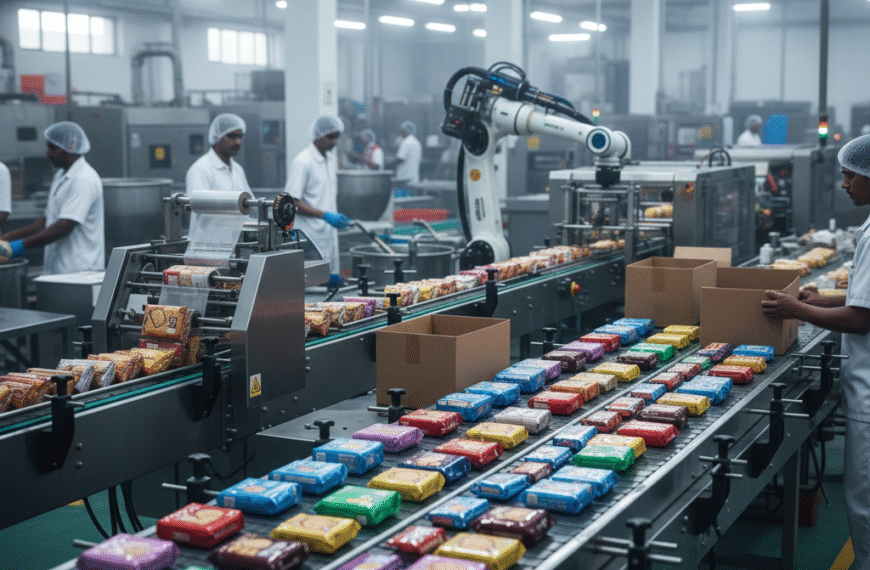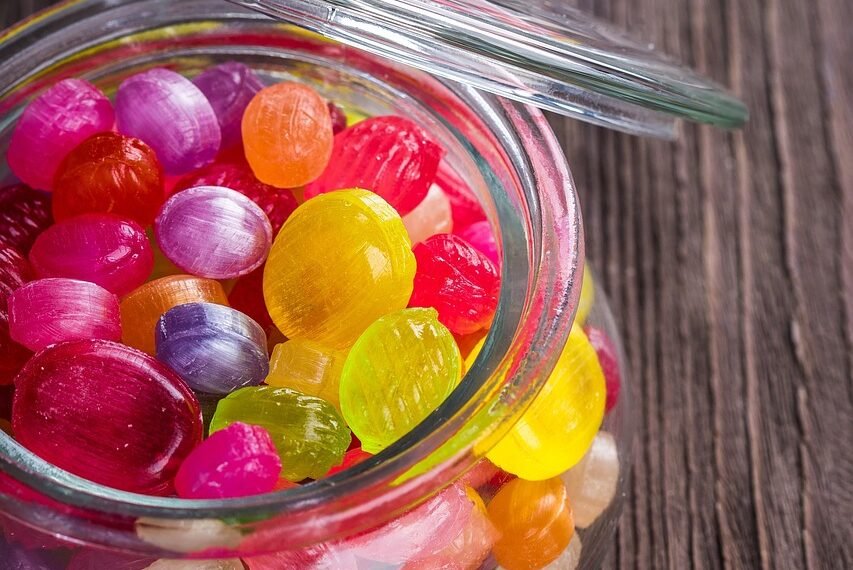Chocolate lovers might soon face a new taste on their tongue. As the cost of real cocoa continues to rise, new chocolate alternatives are quietly entering the market – made not from cacao beans, but from ingredients like sunflower seeds, carob, and fava beans.
Opening a bag of these sweets, something feels missing. There’s no strong cocoa smell, no rich aroma we usually expect. And when you take a bite, the familiar burst of real chocolate flavor isn’t quite there. That’s because these treats don’t use cocoa at all.
The reason behind this shift is not just innovation – it’s necessary. Chocolate prices have climbed sharply. In 2024, chocolate prices rose by 9%, with another 14% jump just in January. The cost of cocoa itself has increased by a huge 300%.
This rise is driven by climate-related problems in cocoa-producing regions, especially in West Africa. Many farmers in Ghana are even leaving cocoa farming for illegal gold mining. As a result, there was a shortage of about 500, 000 tonnes of cocoa globally last year.
This storage has made chocolate more of a luxury. Companies are now turning to creative solutions. One Italian company, Foreverland, is using carob husks to create a chocolate-like powder called Choruba. It doesn’t taste exactly like chocolate but has a sweet and caramel-like note. It also has less sugar, more fiber, and less fat than cocoa.

In Germany, Planet A Foods is using sunflower seeds to make a chocolate alternative called ChoViva. Their process mimics traditional cocoa roasting and fermentation. Their products, like coated popcorn and sweets, are now found in Germany, France, and even in some UK Aldi stores.
UK-based Nukoko is trying another route with fava beans. Fava beans are easy to source locally and reduce food miles. The founders claim their alternative includes 24 of the 25 key chocolate flavor compounds. Their truffles are smooth and sweet, though the caramel filling does most of the flavor work.
Taste is key. If the products can match the creamy texture and satisfying melt of real chocolate, people may be open to the switch- especially in items where chocolate isn’t the main focus, like cookies or coated snacks.
Still, experts warn of the impact this could have on cocoa farmers. Many already struggle with poverty, and replacing cocoa completely could worsen their situation. Companies behind these new products say their aim is not to replace chocolate but to support the market during storages.
Meanwhile, researchers suggest that small changes in how cocoa is farmed, like adding shade to plantations, could help improve harvests and reduce supply issues.
Chocolate alternatives might not completely replace the real thing, but they may become a bigger part of what we enjoy – especially if prices stay high and supply remains uncertains.






















